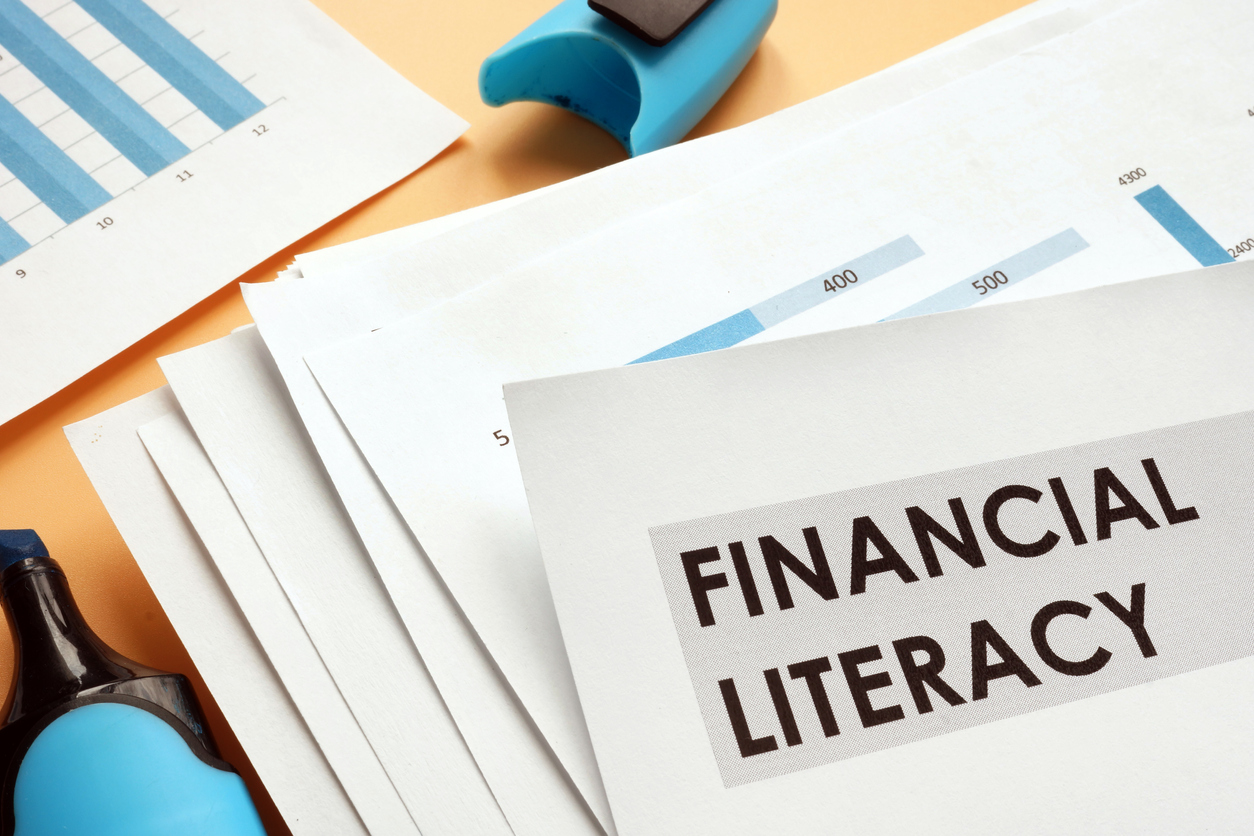-1.jpg?width=562&height=372&name=credit%20score%20indicator%20(1)-1.jpg)
How you manage your credit has a significant impact on your financial success. If you don’t understand how to use and manage credit responsibly, you could find yourself in an untenable situation, especially if you borrow more than you can afford to pay back. Knowing how to maintain a positive credit history ensures you make wise borrowing and payment decisions throughout your life.
What Is Credit and Why Is It Important?
Credit allows you to get what you need or want now based on the promise to pay later. It could be in the form of cash or access to goods or services. Lenders, merchants, and service providers, collectively known as creditors, issue credit based on the confidence they have that you can be trusted to pay back what you borrowed and any charges that may apply. Creditors charge interest, fees, and other costs depending on the terms of your agreement, the amount, your creditworthiness, and how long it will take you to repay the loan. Creditworthiness is how trustworthy creditors believe you to be.
How Does Credit Work?
Credit products work differently depending on their purpose, but all have some features in common such as:
- Credit limit: This is an agreed-upon amount you can borrow without being charged over-limit fees.
- Interest rates: Lenders apply this fee based on a percentage of the amount you owe.
- Regular repayments: Credit enables you to instantly make purchases or investments that you would otherwise not be able to afford. In return, you must make regular payments as described in your credit agreement.
- Fees: Besides interest, some creditors charge annual fees or penalties for missed or late payments or exceeding the credit limit.
The Different Types of Credit
Consumer Credit
As the name suggests, lenders provide this type of credit so consumers can purchase goods or services immediately and pay them back over a specified period. Banks, consumer finance companies, credit unions, savings and loan associations, sales finance companies, retailers, and other institutions offer several personal lending options. Examples include:
- Credit Cards provide a simple, flexible way to manage your credit needs. You can use them to spread the cost of purchases over time, consolidate existing debt, or access cash whenever you need it.
- Personal Loans are a fixed amount you borrow and pay over a specified time period, usually one to seven years. Once your loan is approved, the amount is disbursed to your bank account.
- Mortgage loans allow you to buy a property and secure the loan against it. A mortgage allows you up to 40 years to make payments, although the exact duration depends on factors such as age, interest options, borrowing needs, and other variables.
Other types of consumer credit include auto loans, student loans, and overdrafts. Federal and state laws govern consumer credit to protect consumers from exploitative lending practices.
Business Credit
While consumer credit is for individuals, business credit is for companies. This helps businesses take advantage of opportunities, navigate challenges, and repay later. To determine your creditworthiness, lenders will look at your business's repayment and credit history, usage, amount of existing debt, and the age of your business.
What Is a Credit Score?
In the past, creditors measured your creditworthiness using your reputation alone. This method was subjective and prone to error, manipulation, and bias. Today’s creditors rely on a more objective approach, including reviewing your credit history. Credit history is a record that shows your borrowing and payment patterns. Independent credit bureaus, such as Experian, TransUnion, and Equifax, compile and summarize it in credit reports. The credit bureaus then assign a score that determines how likely you are to pay off debts.
A higher score indicates that you are well-positioned to manage your finances and, thus, more likely to repay a debt.
Good vs. Bad Credit Score
A credit score is essentially a financial report card. However, knowing what it is can be complicated since there isn't one specific credit score. The most popular is the FICO score and VantageScore. Credit scores range from a low of 300 to a high of 850. A higher score means an increased chance of credit approval, while a lower score means you are a significant risk to the creditors. You may not be denied credit for a bad score, but the terms may not be as favorable as those of a person with a good score.
Why Does Your Credit Score Matter?
Establishing a good credit score is necessary to acquire credit, which is helpful when renting an apartment, negotiating lower interest or insurance rates, and even increasing your chances of employment. For consumers and businesses, a good credit score helps form a responsible image of you or your business.
What Impacts Your Credit Score
To maintain or improve a good credit score, you must understand its various components. This helps you identify potential areas of improvement to achieve a higher one. Some of the areas used to determine your credit score include:
- Credit payment history of yourself or your business
- The amount of outstanding debt you already have
- How frequently you apply for additional credit
- The mix of credit types in your credit history
- The duration your credit history covers
How Can You Improve Your Credit Score?
Some ways to improve your credit score include:
- Make a habit of paying your debts on time or before the due date. Late or missed payments harm your credit score.
- Strive to pay off your debt sooner by paying more than the minimum amount.
- Maintain an open line of communication with your creditors, even if you cannot make payments. Sometimes you can negotiate for an extension or mercy.
- Do not be in a rush to close accounts earlier than necessary. For example, you can keep credit card accounts open even when you’re not using them to build your creditworthiness.
- Have a variety of credit types rather than just one type of debt.
- Avoid opening several new credit accounts within a short time, as it makes you appear desperate.
How Can Valliance Help?
Building good credit doesn’t happen overnight. You must cultivate good financial habits and sustain them so that you can benefit in the short and long term. At Valliance Bank, we understand the value of a healthy financial record and can help you make wise financial decisions even if applying for credit is not your goal. Contact us today to learn more about how you or your business can start building credit and reap the benefits.




-2.jpeg)
SHARE